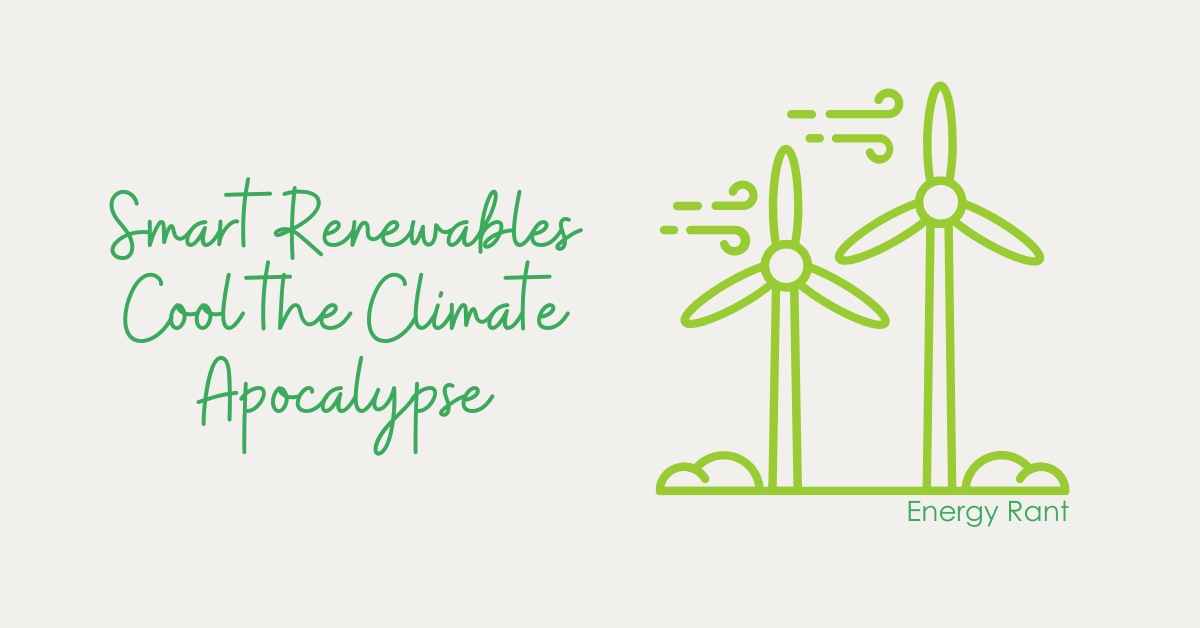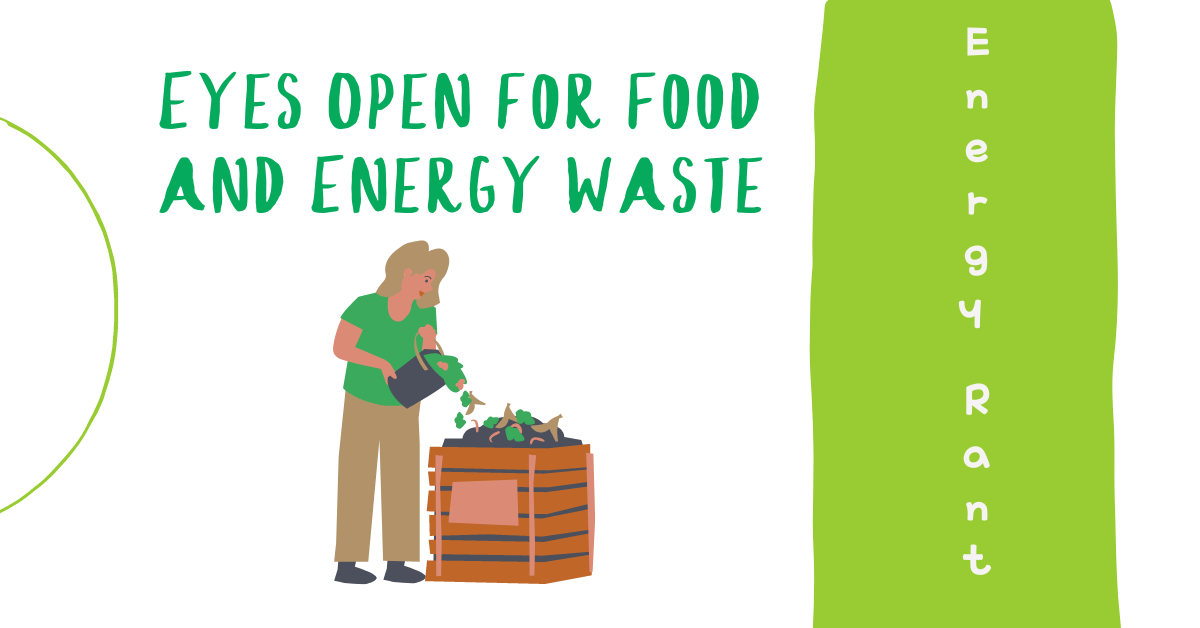
For years, I wondered how the national debt would result in Great Depression-level pain and a reset not unlike bankruptcy. The national debt doesn't need to be paid back like we often hear or read in the news. It just needs to be maintained at manageable levels, defined as not letting the borrowing cost get to a prompt supercritical situation that overwhelms everything else. Financing costs are becoming alarmingly high – already more than we spend on national defense – about $1 trillion annually. When tax revenues to finance the debt are insufficient, or if debt markets bomb, the Federal Reserve steps…
Read More











